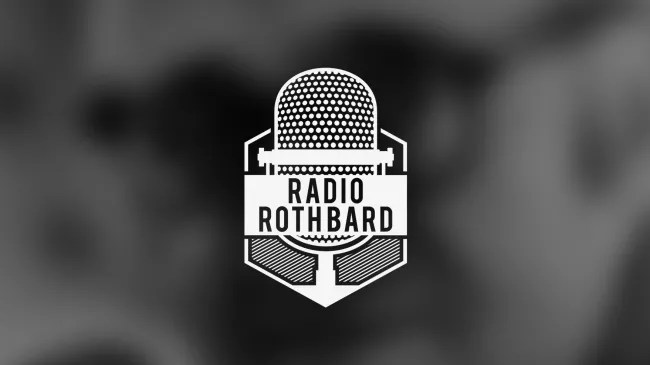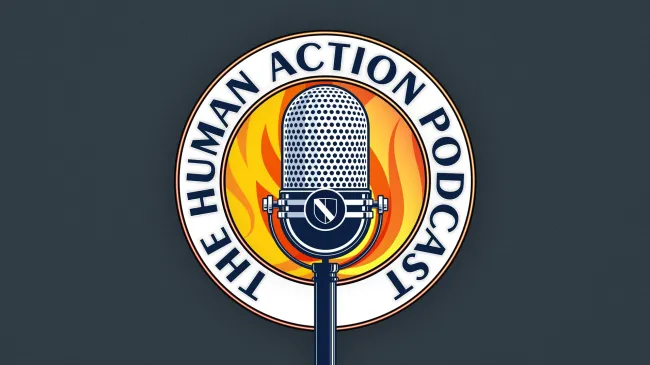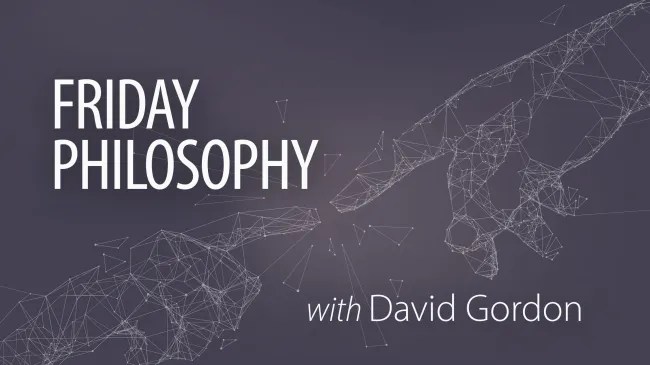The Impact of Interest Rates on Economic Growth: An Austrian Perspective
Even as the Federal Reserve continues to manipulate interest rates to “fight” the results of the business cycle, Austrian economics teaches that business cycles occur because of the manipulation. They never learn.










